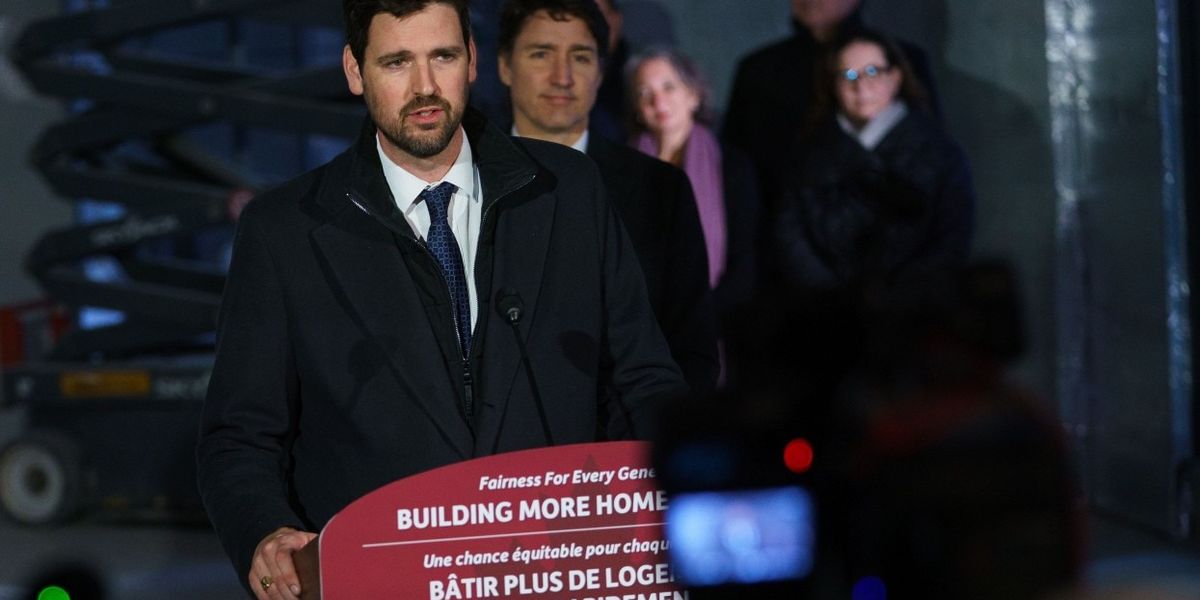On Thursday, the Government of Canada announced the formal launch of the Canada Housing Infrastructure Fund (CHIF), a $6 billion program that was announced earlier this year as part of Budget 2024.
The goal of the Canada Housing Infrastructure Fund is to accelerate the construction and improvement of infrastructure such as water, wastewater, stormwater, and solid waste, all of which are becoming more and more critical in order to support the housing development that the country needs as our population continues to grow.
The $6 billion program delivers funding through two streams. The first is the “direct delivery stream” that will deliver $1 billion across eight years to municipalities and Indigenous communities, the latter of whom will receive at least 10% of the stream. Applicants must meet two conditions to become eligible. They must:
- Adopt zoning for “four units as-of-right” per lot in all low-density residential areas with municipal servicing (i.e., water and sewer) in communities with populations greater than 30,000; and
- Implement a three-year freeze on increasing development charges above the rates that were in effect as of April 2, 2024 (when CHIF was initially announced) in municipalities or regional governments with populations greater than 300,000, according to Statistics Canada.
Under the second requirement of the Canada Housing Infrastructure Fund, both the City of Toronto and Metro Vancouver Regional District will be required to freeze their rates.
In Ontario, other governments that are subject to the freeze — if they want to receive money from the CHIF — include Ottawa, Hamilton, London, Markham, Vaughan, Mississauga, and Brampton. Regions subject to the freeze include Durham, Peel, Halton, Waterloo, Niagara, York, and Simcoe County. In British Columbia, the list is much smaller, with municipal governments only including Vancouver and Surrey, and regions including the Metro Vancouver Regional District, Fraser Valley Regional District, and Capital Regional District. (A list for other provinces and applicant guide can be viewed here.)
Applications for the direct delivery stream has opened as of November 7 and applications will be accepted until March 31, 2025.
“CHIF’s direct delivery stream is intended for projects with a high level of readiness, as projects must be substantially completed by September 2031,” said Housing, Infrastructure, and Communities Canada (HICC). “This stream is meant to support pressing infrastructure needs in communities to increase housing development. Projects under the direct delivery stream must be between $1 million and $100 million in total eligible costs. To apply, municipalities subject to housing conditions must have already met the housing conditions set out by CHIF.”
The remaining $5 billion allocated for the “provincial and territorial agreement stream” over the course of 10 years is then intended to support “long-term priorities.” This stream will have a different set of requirements, such as endorsing the federal government’s blueprint for a Renters’ Bill of Rights, and would see the federal government provide money to provincial and territorial governments who then administer the funding to local governments themselves, while also being required to contribute a minimum of 33% of eligible expenditures per infrastructure project. Provinces have until January 1, 2025 to reach an agreement, while territories have until April 1, 2025.
According to HICC, eligible applicants can apply to either or both streams, depending on their infrastructure needs, but they cannot receive funding from both streams for the same project, and applications are approved on a first-come-first-serve basis.

